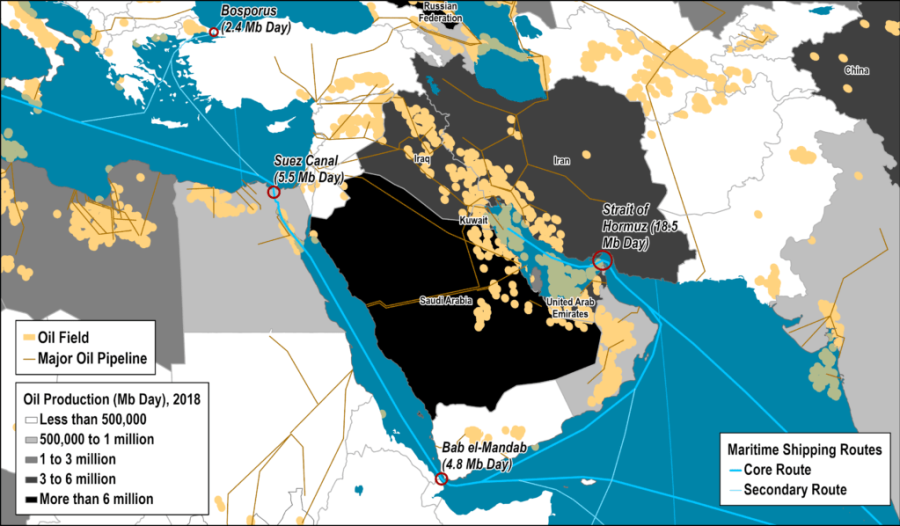The military actions of the West in the Middle East, including invasions and interventions, have caused significant harm, including the deaths of hundreds of thousands of people, the displacement of millions, and the destruction of infrastructure in countries like Syria. However, these actions have also had unintended consequences, including the strengthening of Iranian influence in the region. For example, Israel’s invasion of Lebanon led to the rise of Hezbollah, the invasion of the United States, the United Arab Emirates, and Saudi Arabia into Yemen helped to create and strengthen the Houthi movement, and the United States’ attack on Iraq and interference in Syria allowed the Iranian government to gain greater influence. Essentially, the destabilization caused by Western interference has allowed Islamist groups (especially Shia groups in support of Iran’s Islamic regime) in these countries to become proxy forces for Iran, benefiting the Islamic Republic in the process.
In the Middle East, progressive political groups, including those on the left, right, seculars and radicals such as communists and anarchists, often face brutal suppression by authoritarian governments. At the same time, Islamist groups in the region also actively oppose and attack these progressive movements, using tactics such as assassination, murder, and forced disappearance.
Islamic regime of Iran has played a significant role in the current global situation by helping to establish and enforce the “war on terror,” which has allowed the United States to maintain its dominance and hegemony for more than four decades. Along with the barbarities of Al-Qaeda and ISIS, the Islamic Republic system has helped to create a context in which cultural issues, such as immigration and security, have taken center stage, particularly during the Thatcher-Reagan era of neoliberalism when the realization of economic shocks required a focus on these issues.
In a context where countries like Saudi Arabia and Qatar are known for their strong Islamism and conservatism, it may seem surprising that they have become hosts for events like the World Cup or Justin Bieber concerts. However, this is not because their rulers have suddenly become more liberal or open-minded. Rather, it is because there is a need to highlight differences and create political and cultural tension in the face of growing competition and capitalism. Without these external tensions, there is no guarantee that these countries will be able to survive and avoid internal crises.
The events unfolding in Iran are likely to lead to the emergence of a large movement throughout West Asia and North Africa that poses a threat to not only the autocratic Islamic regime in Iran, but also to other authoritarian and oppressive governments in the region, such as the liberal Islamic structure in Turkey and Egypt, the apartheid-racist Zionism in Israel, and the autocratic kingdoms of Saudi Arabia and Jordan. It is likely that the imperialists do not want such changes to take place in this region.








